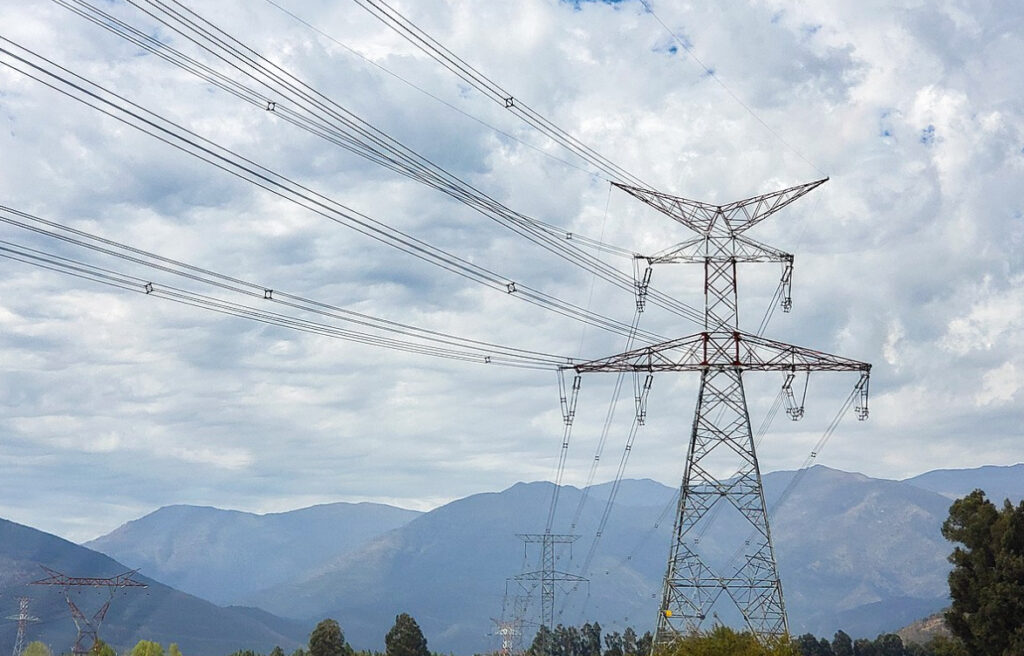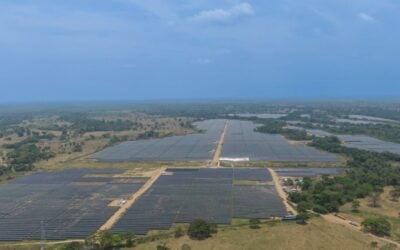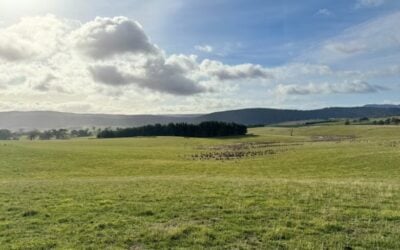
Developer Flexen has put 1GW of standalone battery energy storage system (BESS) projects into the interconnection queue in Chile, the first of that scale in the country.
The company announced that it has put three projects totalling 1GW of energy storage capacity into the queue, distributed in the north, the Metropolitan region of Santiago and the Bio-Bio region in the south.
Enjoy 12 months of exclusive analysis
- Regular insight and analysis of the industry’s biggest developments
- In-depth interviews with the industry’s leading figures
- Annual digital subscription to the PV Tech Power journal
- Discounts on Solar Media’s portfolio of events, in-person and virtual
They are the first utility-scale standalone projects to get to that stage, co-founder Eduardo Tabbush told Energy-Storage.news, with other projects of that size being co-located with solar PV projects at a single interconnection.
Flexen is aiming to get the projects to ready-to-build (RTB) stage in the first quarter of 2025 with a commercial operation date (COD) for 2026. Discharge duration is likely to be between four and five hours with BESS revenues likely to come mainly a mix of energy trading in the day ahead market and regulated capacity payments (these are fixed annual payments and not auctionable as opposed to Europe).
Storage assets now are eligible for such payments under the recently passed Ley de Almacenamiento y Electromovilidad nro. 21.505 bill, Tabbush said.
“Chile has the highest intraday spreads in the world reaching nearly US$200/MWh in H1 2023 and with values converging in all nodes. This is due to a lack of flexibility, not a transmission restriction. In this context, storage has become the most critical asset for the energy transition in Chile going forward,” added Tabbush.
Flexen is a developer focused on standalone energy storage with 3GW under development in Chile, Spain and Texas.
The bill late passed last year gave energy storage technology its own dedicated status in the electricity market, paving the way for large-scale standalone projects. However, the norms and directives around how energy storage can participate in the capacity market is still to be finalised, although this is expected in the coming month.
On this, Sebastian Coates, also co-founder of the developer, added: “The most important issue at this point is for the government to finally approve the new capacity regulation (DS62) which has now gone to public consultation. This guarantees a regulated capacity payment for storage assets which is a key part of the revenue stream in Chile.”
Four-hour battery storage projects are set to receive 95% of the capacity market tariff that a gas plant would.
Flexen’s claim that its project is first standalone of this scale to reach this stage may sound surprising, but most projects further along the development pipeline have been co-located with solar PV. This includes 67MW and 68MW projects which multinational energy firms Enel and Engie respectively started construction on last month. Another, AES, completed a 112MW project in July, which was also co-located with solar PV.
The government of Chile is also looking to incentivise the deployment of large-scale energy storage through a series of auctions for projects to be delivered between 2026 and 2028, unlike the capacity market, which is not operated via auctions in Chile.
Although it is still to be finalised, the current proposal would be for the projects to bid for contracts that guarantee annual revenues in a similar way to the UK’s Contracts for Difference (CfD), although it should be noted that UK CfDs don’t yet apply to energy storage.
Returning for the second edition in Santiago, Chile, the Energy Storage Summit Latin America will explore opportunities in countries such as Chile, Peru, Colombia, Argentina, Brazil and Mexico.
Join Solar Media on October 17-18 to meet with investors, policy makers, developers, utilities, network operators, technology providers, EPCs, consultants, law firms and more to make sure you are a part of the rapidly evolving storage landscape in Latin America.
Eduardo Tabbush, in his capacity as founder of separate renewables developer Eoliasur, will be speaking on Day One.






